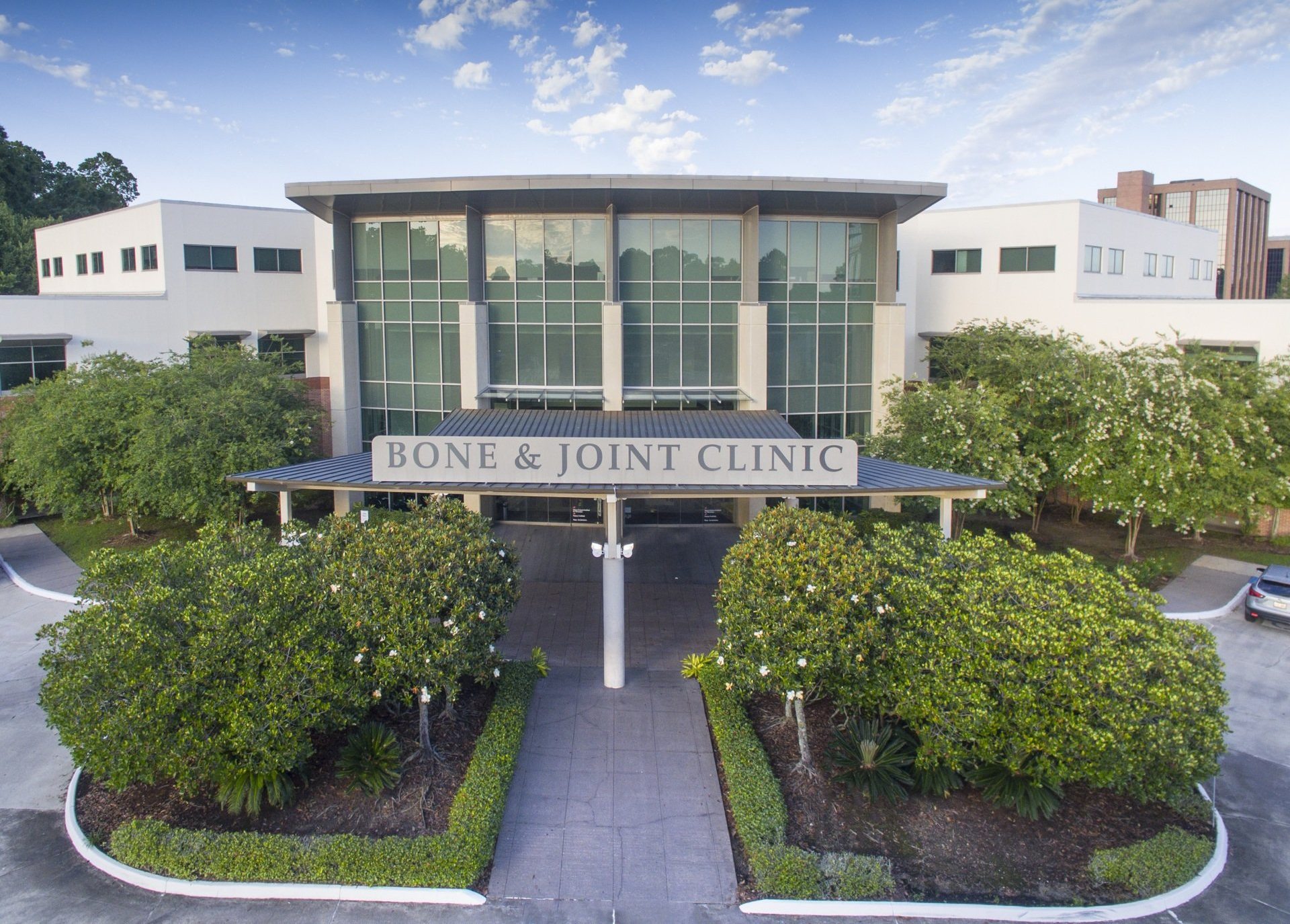There are hundreds of joints in the human body that allow us to move freely, and while all of them serve an important purpose, some are simply more important than others. The knee for instance, is the largest joint in the body with, arguably, one of the most important and difficult jobs. It must support the body and provide shock absorption during activities such as walking, running, and jumping, and it is capable of bearing up to five times a person's body weight.
Given the amount of stress a knee must endure over a lifetime, it really shouldn't be that surprising that these are among the joints most susceptible to diseases such as arthritis and most likely to require replacement. In fact, nearly one million total knee replacements are performed every year. If you are among the millions of patients suffering from knee pain and limitations, you may even be considering the procedure for yourself. But, first, you should understand the procedure and the options available to you.
Is Total Knee Replacement Right for You?
A knee replacement may be an option to consider if the pain, stiffness, and instability of your knee has joint has become problematic to the point of interfering with daily life and is not responding well to other treatment options. Joint replacement is typically a final option that is reached only once the condition can no longer be adequately controlled with methods such as medication and physical therapy. Fortunately, patients who undergo knee replacements report fantastic results, with about 90 percent experiencing positive outcomes.
During a total knee replacement procedure, components of the knee joint, including the ends of the tibia and femur bones, are replaced with metal and plastic parts. By removing the damaged portions of the joint, patients are able to experience significant improvements in pain and mobility.
A Knee Replacement Alternative
Despite the success rate of total knee replacement, some patients may simply not be ready to undergo the procedure. For younger patients who are experiencing cartilage degeneration of the knee, there is a possible joint replacement alternative in biologic augmented microdrilling (BAM).
BAM is an outpatient procedure that infuses the damaged knee cartilage with stem cells derived from bone marrow to promote regeneration and improve symptomatic pain and stiffness. In patients who qualify for the procedure, improvements build over the course of several injections, with results continuing to develop for years.
Knee Replacements in Baton Rouge
If injury or arthritis has left you with knee damage that interferes with your ability to comfortably and actively live your life, it may be time to speak with an orthopedic surgeon regarding a total knee replacement. In Baton Rouge, Bone and Joint Clinic of Baton Rouge is home to several physicians who specialize in joint replacements, as well as those who offer exciting alternatives such as BAM. To learn more about these treatment options and if one may be right for you, click below to request a consultation.




